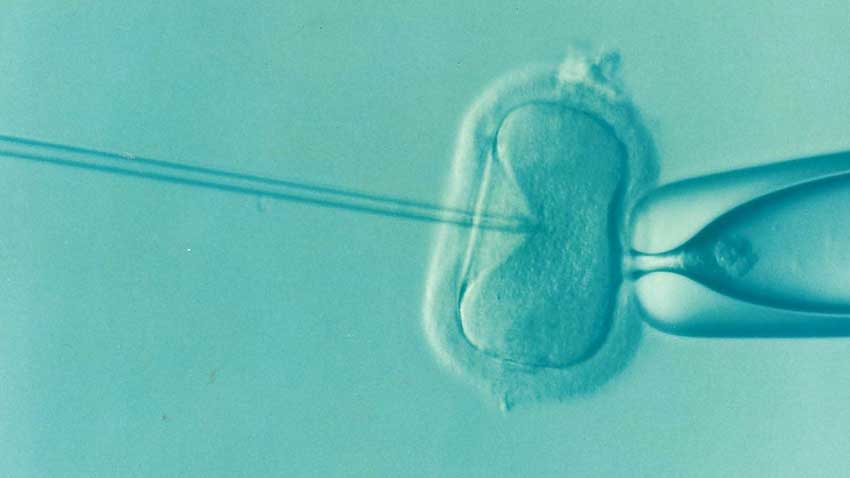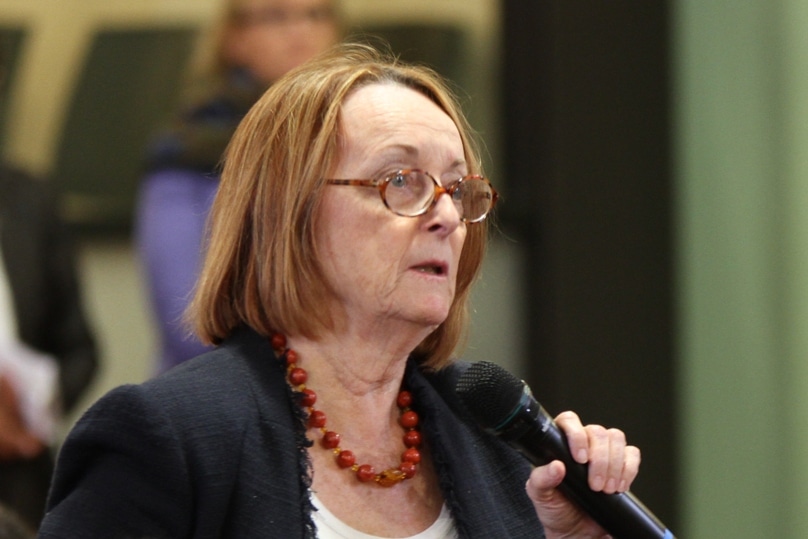
Experts say embryos should not be treated as property
Experts and pro-life advocates are calling for embryos to be regarded as persons under the law following recent court disputes.
This month a Sydney woman asked the Family Court of Australia to order the destruction of 11 embryos that were biologically linked to her same sex partner.
The application was made as part of an ongoing dispute over custody of their three children and property. The woman’s ex-partner told media it was “cruel” for a person to seek to destroy embryos not from their own genetic material.
“It’s horrifying that someone would try to prevent someone else from having children that are not in any way related to them,” she said. She said she believed new, clear legislation was needed to give people certainty about what could happen to their embryos.

The applicant withdrew her case on 25 February citing concern about the effect of media attention on the couple’s children. It follows court battles in WA, Canada and England where judges’ decisions saw the destruction of embryos when one of the biological parents wanted them retained.
Professor Margaret Somerville, Professor of Bioethics at the University of Notre Dame Australia, told The Catholic Weekly that the recent case highlighted the problem of a situation where, apart from an exception in the United States, the courts do not recognise human embryos as persons for the purposes of the law.
“It’s striking that most often the future child is not even mentioned.”
“I think it’s helpful to remember that every living person is a former embryo,” Professor Somerville said. “In all decisions regarding human reproduction we must put the child at the centre of the decision making.
“What we’ve done so far is we’ve put the adults who want to have a child by whatever means of with whomever, at the centre of decision-making. It’s striking that most often the future child is not even mentioned.”
Chief executive officer of Right to Life NSW Rachel Carling said that the law should be clear that human embryos are persons.
“While we do not agree with the unnatural creation of life through IVF, once life has been created we must acknowledge the worth of human embryos in terms of human life not in terms of property,” she said.
“Treating human life – even at embryonic stage – as property equates to slavery and is a form of human trafficking.”
Human life at stake
Professor Michael Quinlan, Dean of the School of Law at the University of Notre Dame in Sydney, said that the IVF process is “in and of itself a confirmation of the scientific fact” that a human life is at stake in discussions about embryos.
“Treating an embryo as a person would mean bringing the law into line with that theological and scientific reality,” he said.
“There is a very long way to go before our society can again understand the extraordinary gift that human life represents and the dignity that every human being deserves from the moment of his or her beginning at conception.
“The fact that current technology results in a multiplicity of embryos being created for a much smaller number to be selected for implantation is one of the horrors resulting from a rush to use technology without fully thinking through the consequences.”
Professor Somerville said she would recommend that decisions about human embryos be made using a doctrine in ethics called anticipated consent.
“That says that when you’re looking to do something that will have a major effect on someone else you have to ask ‘Can I reasonably anticipate that if this person was here they would consent to what I’m going to do?” she said.
Related article:
Monica Doumit: Babies as business is a mess
Fragmenting motherhood: 3-parent children, IVF and the future
